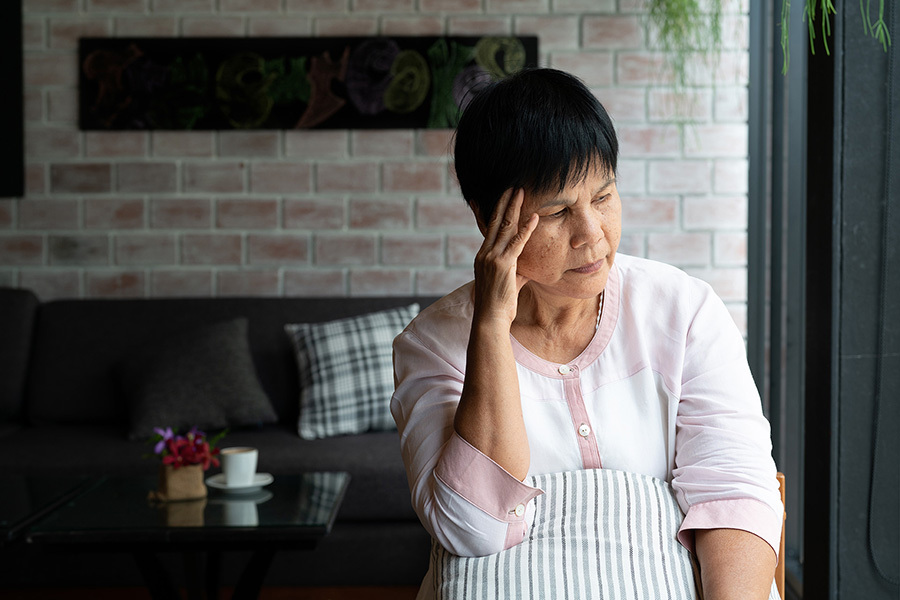Pain may exist on its own and may just be managed with rest and self-care. It may also be symptom of an underlying health issue and indicative of something more serious. This is why it is important to take note of other associated symptoms, if any. You must also be cautious about how long you have felt the pain and how mild or severe the pain is.
The location of the pain allows the professionals to pinpoint the main cause of the problem. It could be a knee, hip, head, neck, back, or shoulder problem. However, the location is not always the main factor. There are other types of pain. Knowing these other types of pain and their associated symptoms are important in determining the appropriate and effective pain management and treatment.
Other Pain Symptoms
The other types of pain may be diagnosed with the help of their associated symptoms or depending on the health condition of the patient.
Cancer Pain
Pain in a particular area may be a sign of cancer. In most cases, the pain is due to the cancer itself, from the tumor growing. As the cancer grows and spreads, it presses on the affected organs, bones and nerves, hence, causing the pain. There is also pain that results not from the cancer itself, but due to the treatment. Surgery, chemotherapy, radiation and other cancer treatments are known to cause pain as a side effect. Knowing which of the two is causing the pain is important in properly managing and treating the symptom.
Complex Regional Pain Syndrome
This is an uncommon form of chronic pain condition. Complex regional pain syndrome commonly affects the arms or legs. This syndrome typically develops after a stroke, surgery, heart attack or injury. The pain varies, depending on the severity of the underlying cause. The pain is severe and out of proportion to the initial injury. The pain is often accompanied by changes in the skin, swelling and sensitivity.
Get Back Your Normal Life Again
As pain specialists, we can guarantee that we are more than qualified in alleviating your pain and treating your condition.
Early treatment is highly important in battling complex regional pain syndrome. Chances of recovery, remission and improvement are higher if treatment is started early.
Peripheral Neuropathy
This generally refers to conditions affecting the peripheral nerves. These nerves carry messages from and to the brain and spinal cord, as well as to the rest of the body. When these nerves are diseased or damaged, the person may experience pain that is stabbing, throbbing, freezing, tingling or burning. Other signs and symptoms of peripheral neuropathy include extreme sensitivity to touch, lack of coordination, numbness, and muscle weakness. If the underlying condition causing the nerve damage is treatable, the symptoms may improve and be treated.
The pain management for each pain condition depends on the severity and the kind of such condition. If the pain exists as a symptom of another condition, then the treatment would target both the pain and the condition itself. While there are conditions that are not curable, the pain may be alleviated and managed. To ensure that you get the best pain management you deserve, consult a specialist.

